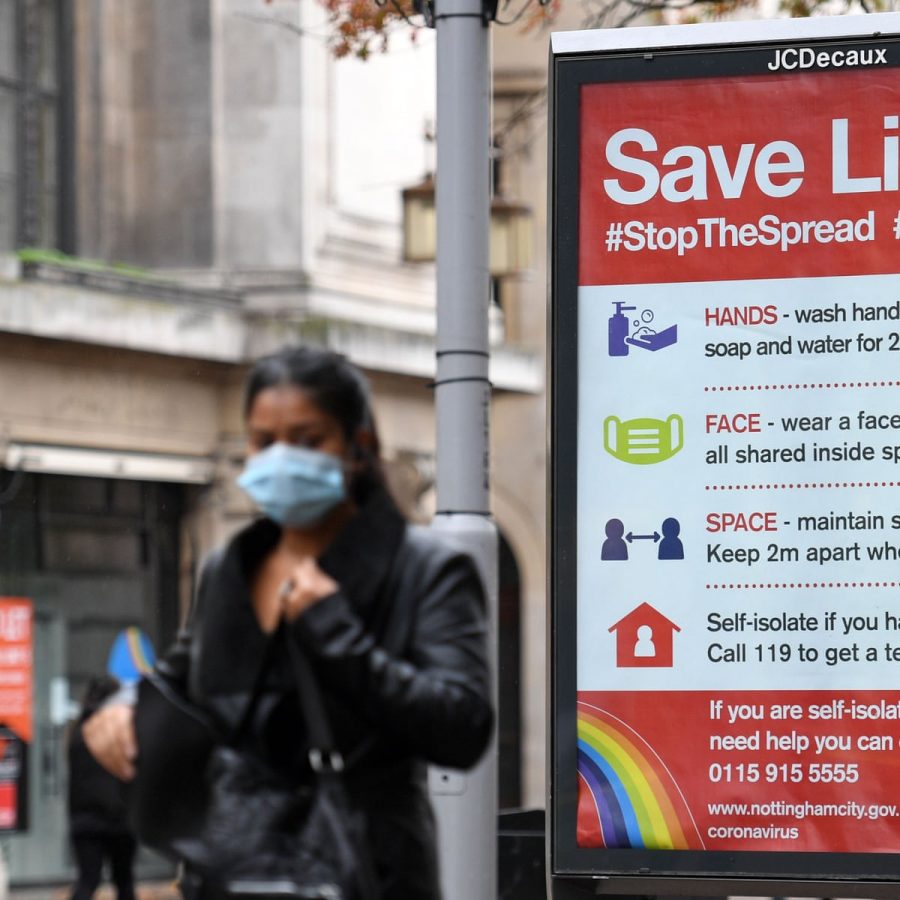U.K. Purposely Infecting People with COVID-19?
November 20, 2020
Are you afraid of COVID-19? Would you even go as far as purposely infecting yourself? In the U.K., the government is paying companies to set up challenge trials to purposely infect people with COVID-19. These tests are supposed to decrease the amount of time it takes to make a working vaccine. Infecting people with diseases has been done many times before, but is this one ethical?
The plan is to infect around 90 young, healthy people and see how much of the virus is needed to infect a person. Then testing will begin and vaccines will be made. These vaccines will then be tested on people that will take the vaccine and then become exposed to the virus. These participants will be monitored very often. They will be in a controlled environment so no part of the virus can escape.
One of the main questions is on how ethical the experiments are? According to Prof Julian Savulescu, an expert in ethics at Oxford University “Given the stakes, it is unethical not to do challenge studies.” Scientists say that safety is the number one priority and will be regulated to make sure they stay ethical. The challenge trial scientists are only testing on young, healthy people. Purposely infecting people will make research quicker because they do not have to wait for people to contract it naturally. As well as scientists being able to see the process that COVID-19 goes through even before symptoms become present.
Even though some companies such as Pfizer have already created vaccines that are seen to be effective, scientists say that these trials will still be beneficial for research. They can be used to compare vaccines to each other directly and see which ones work best. Since the scientists will be with the subjects from the start of the exposure, they will be able to get information that other studies may have not been able to observe.
Purposely infecting people with diseases and illnesses isn’t a new thing. There have been other diseases like cowpox that was purposefully put into someone to see if that would counteract smallpox. Not only that, people were also exposed to H1N1 to help test vaccines as well. Testing people purposely can be very risky and a lot of data is needed and all risks need to be accounted for before deciding whether the experiment is ethical. An example of a possible trial that was stopped was the Zika virus. Scientists didn’t have enough information on the risks and decided that it was unsafe to purposely infect people.

